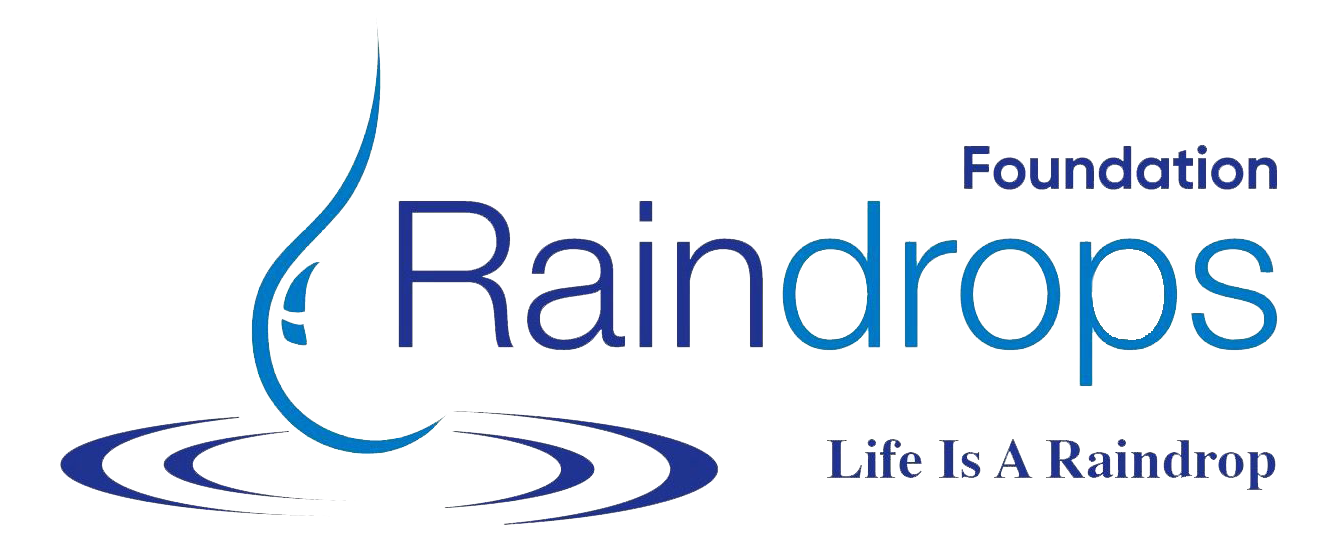Other Donations
Sadaqah Jariyah
This Sadaqah is not a separate category but it is really any Sadaqah Nafilah which is spent on a cause for a long-term benefit (e.g. wells), and in essence, is very similar to Waqf. Sadaqah Jariyah brings ongoing benefit to others and to you. When you donate to a Sadaqah Jariyah project, you reap the reward in this life and the next. The Prophet Muhammad (peace be upon him) said, “When a person dies, his deeds come to an end, except for three: ongoing charity (Sadaqah Jariyah), knowledge that is benefited from, and a righteous child who prays for him.” (Muslim, Tirmidhi). There aren’t many better things to invest in than Sadaqah Jariyah.
1. Sadaqah Wajibah
2. Sadaqah Nafilah
Qardh Hasan
This literally means to give a good loan. In the language of the Qur’an, this term is used for Sadaqah Nafilah. The rewards of Qardh Hasan are thus exclusive to Sadaqah. Loans given to Islamic institutes (without interest) and then paid back at a specified agreed time become this type of Sadaqah. Presently, this term is often used to denote Qardh.
Qardh
This means an Islamic loan. Islamic here means two things must be upheld from the side of the creditor:
1- That neither interest can be charged nor any other benefit (advantage or gifts) be taken in lieu of the loan
2- That at no time can the creditor show any signs of self-glory, or remind the debtor of the favour/help given (this does not mean that he/she cannot ask for payment). This type of loan may be given to either an individual or an institute, and if the conditions are upheld, it is immensely rewarding for the creditor.
Interest
In Islam, the taking and also giving of interest have been expressly forbidden. This presents problems in secular countries, wherein no loan or mortgage is ever done without it. In so far as taking loans, which charge interest are concerned, it can only be said that unless it is a life-or-death situation one must stay away from such loans, to avoid the Wrath of Allah.
But what should one do about the interest accumulated in one’s own bank account? This issue is also something that unfortunately affects many of us. What is established is that it is not at all permissible for one to utilise this for one’s own benefit.
To avoid the anger of Allah, one should give the interest money accumulated to charity. This, whilst being the most practically beneficial way of disposing the money, is not going to be positively rewarding. But due to it being in accordance with Allah’s Will, in that this method of disposal saves one from further sin, it is still beneficial.
Haram income
Included under this broad heading are earnings generated by not only the sales of Haram items, but also Halal items acquired though Haram methods (e.g. lying to get benefits, lying to increase the price of selling items etc).
Here the method of disposal is to return items to the rightful owners. If this is not possible because the owner is not known or any other legitimate reason, then the method of disposal is the same as that of interest money.
If one has spent a great portion of one’s life in Haram earnings to the extent that most one’s possessions are of Haram origin, then what is the way of redeeming oneself?
The answer to this is often very difficult to digest. In short, the entire possessions of Haram earnings must be disposed of in the same way that interest is disposed.
This presents the problem: how then are brothers/sisters in such a situation meant to live? For this the most accommodating way would be that they take into account how much of their wealth is of ill earnings, then turning to a Halal means of income, whatever immediate amount they can dispose of (in charity) they do. Then over as short period of time as possible, they try to pay off this debt they owe to Allah.
